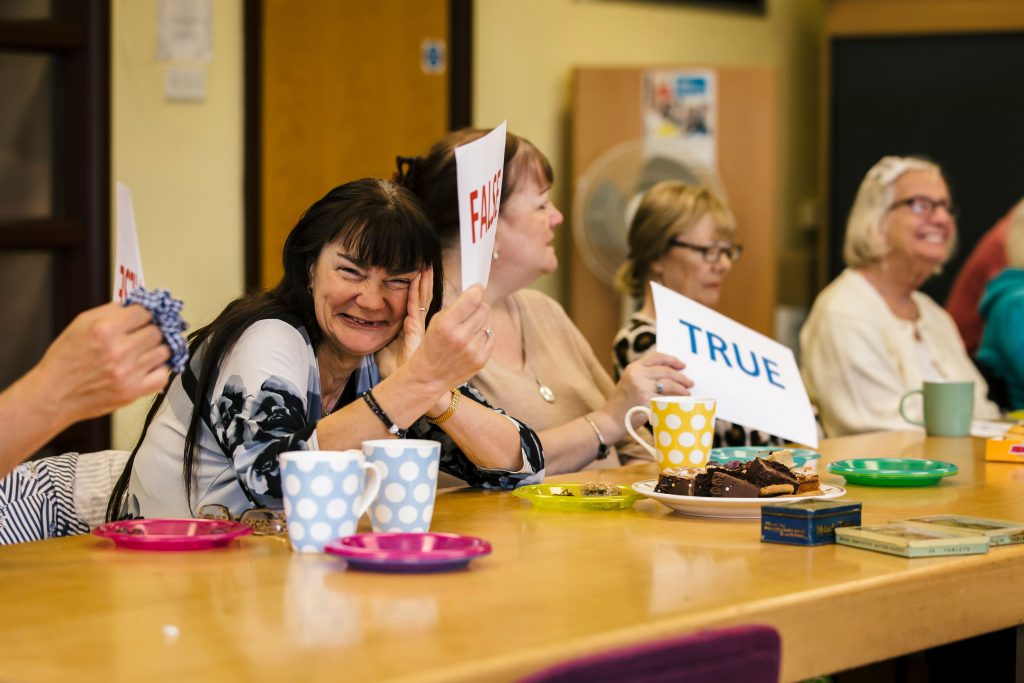Enjoy this article?
Most Museums Journal content is only available to members. Join the MA to get full access to the latest thinking and trends from across the sector, case studies and best practice advice.

Museums are good for you – and the evidence is robust. In 2017, the all-party parliamentary group’s Creative Health report identified 600 museums that were running activities specifically aimed at improving wellbeing. The report recognised the role that the arts could play in assisting with challenges facing communities such as ageing, long-term health conditions, loneliness and mental health.
In 2019, the NHS built the provision of social prescribing into its long-term plan, with a target that by 2024 every GP practice in England will have access to a social prescribing link worker. More recently, lockdown programming offered by museums has been recognised as helping the isolated, again highlighting the crucial role that our organisations play in society.
Heritage Doncaster launched History, Health and Happiness in 2018, coinciding with the government appointing a minister for loneliness and publishing a loneliness strategy. Our programme aims to tackle isolation and improve wellbeing by using museum collections as the basis for outreach and community engagement.
Simply put, we use history to enable people to feel good about themselves and their communities, and to feel more connected. Activity takes place in four areas of poor health and deprivation, whose residents never or rarely visit Doncaster’s museums.
The programme delivers regular in-person social clubs, digital clubs and co-produced exhibitions. Each activity is a little different, as each responds to the likes, interests and input of the attendees. We aim to co-produce the sessions to ensure that they deliver on addressing the issues important to participants.
The activities have two common elements: objects and storytelling. Objects bring history to life, and inspire wonder and curiosity. A focus on storytelling reminds adults of the joy of hearing a story, encourages them to find connections, and allows them to share their histories.
All activities take place in community venues or online. This helps to tackle barriers to engaging with culture, such as poor transport links, and the intimidation some people feel when entering a cultural institution. We believe co-production works only when you hand over the power – and this means doing it on someone else’s turf.
Evaluation of the programme reveals that it is making a meaningful difference to people’s lives. The digital social clubs have enabled participants to make new friends and develop skills. They have also improved participants’ wellbeing, with attendees becoming more interested in new things – a contributing factor to better mental health.
History, Health and Happiness shows how museums can provide care and connection, utilising stories in their collections to inspire, delight and challenge. Marie, a woman in her mid-80s, who attends the Museum Make-A-Long, said: “When the lockdown started, I was losing my spirit. Before I joined the group, I was losing my sparkle. But it’s come back – and it’s down to looking forward to Tuesdays.”
Victoria Ryves is the programme manager at Heritage Doncaster and a Museums Association rep. In-person social clubs run by Heritage Doncaster take place in community venues to tackle barriers to engaging with culture, such as poor transport links
Wellbeing is one of the themes of the Museums Association Conference, which is being held in Edinburgh on 3-5 November
Most Museums Journal content is only available to members. Join the MA to get full access to the latest thinking and trends from across the sector, case studies and best practice advice.